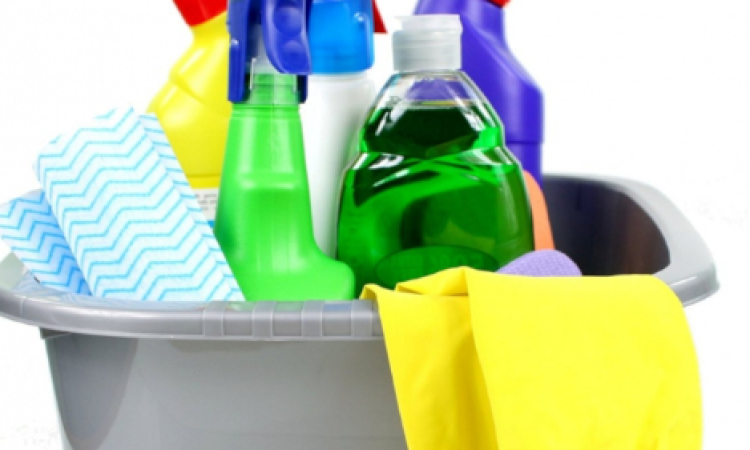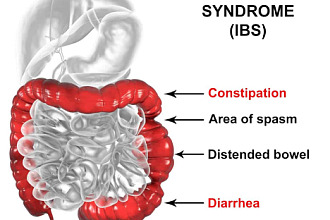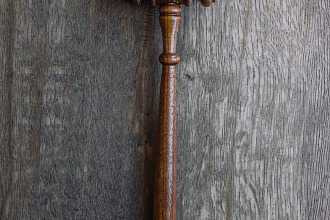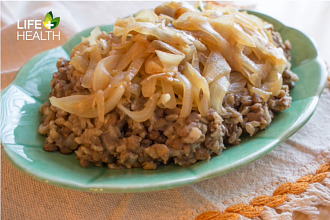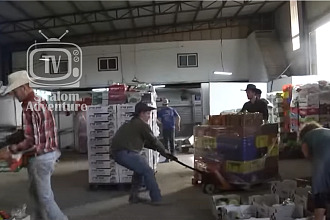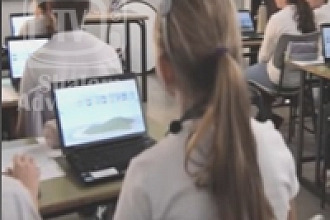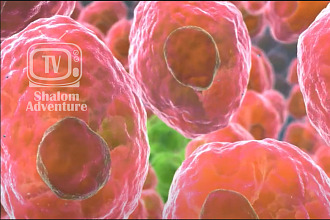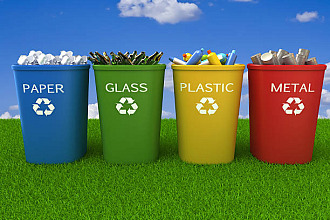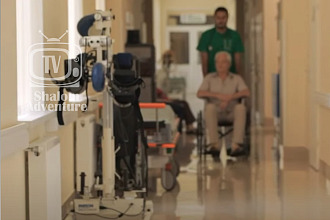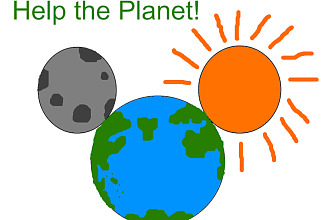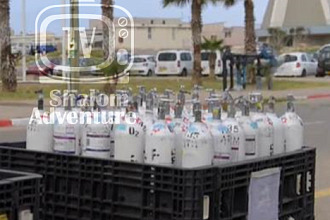Cleaning is something we all do (hopefully), and while I admit I don’t often look forward to Fridays due to all the extra cleaning that seems to be done before Sabbath, I do look forward to when it is finished.
It is a nice feeling when everything is neat and complete. However, with all the rush of cleaning to get things done whether it is for Sabbath or just basic everyday reasons we may not stop to think of cleaning as an opportunity to make the world better and practice tikun-olam just by changing our methods. One thing we may overlook is the type of things we clean with. Do you ever stop to think about what you are washing things with and how that can impact your health and the environment? Cleaning products can be very toxic and dangerous if touched, inhaled, or consumed (which is probably the most obvious fact) (Dock, Elly 2016).
When you decide to buy, or use cleaning products, next time read the label of the product you are considering to ensure safety. The American Lung Association warns that merely breathing the fumes of toxic cleaning products can lead to respiratory problems and death (“Cleaning Supplies and Household Chemicals”, n.d) which is why it is vital to understand the safety level of what you are cleaning with. If the product warns against prolonged skin contact perhaps you should reconsider using it on something you touch a lot, because even if you try to rinse the item thoroughly some harmful residue could be left behind which could cause problems over time. Likewise, inhaling a little bit of something you shouldn’t over and over again could have some long term negative effects, which is one reason you might also want to steer clear of chemical laden air fresheners, which is one item American Lung Association also warns about (“Cleaning Supplies and Household Chemicals”, n.d).
Obviously, you shouldn’t consume large amounts of anything not intended for eating but to be safe shouldn’t you reconsider using toxic dish soap brands on things you eat off of regularly…like your dishes? Sure, I wouldn’t recommend eating any type of soap but you could try using less toxic alternatives on things we use regularly that are safer for you and the environment. Even if you are broke and don’t buy non-toxic family safe products all the time you can at least try to lessen your exposure to dangerous products by making some substitutions for some cleaning products with safer ones or even rotating all your purchases between different types of cleaning products occasionally to lessen your exposure to harsh chemicals in the long run. As someone with chronic health problems, I think being sick costs far more than staying healthy, so if possible I think spending a few extra dollars on safer products as much as possible for you and your family would be worth it financially in the long run even if it seems a bit more expensive now. So, clean better and smarter. Remember tikun-olam.
References:
Author Unknown n.d “Cleaning Supplies and Household Chemicals” American Lung Association received from http://www.lung.org/our-initiatives/healthy-air/indoor/indoor-air-pollutants/cleaning-supplies-household-chem.html?referrer=https://www.google.com/
Dock, Elly 2016 “Accidental Poisoning by Soap Products” Medically Reviewed by Deborah Weatherspoon, Ph.D, MSN, RN, CRNA received from http://www.healthline.com/health/bubble-bath-soaps#Signsandsymptoms2
Picture originally found here

